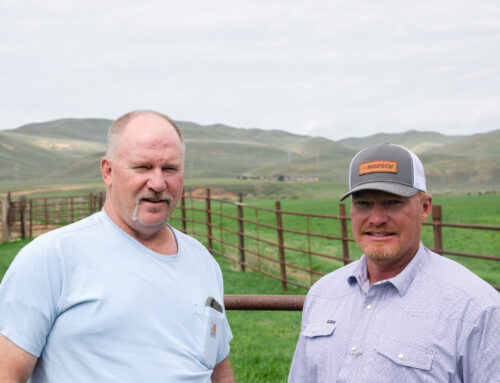New approach to GDP could help nature survive Labour’s housebuilding plans
June 3, 2025
Boris Johnson was prime minister and Kemi Badenoch was a Treasury minister when they gave their support to a groundbreaking study of the economy and its most consistently tortured victim: nature.
It was February 2021 and the eminent Cambridge professor Sir Partha Dasgupta had just delivered a 360-page report to the Treasury on the economics of biodiversity, which brought rigour to a subject often governed by emotion.
Johnson and Badenoch seemed to support the analysis, which argued that without financial cost/benefit analysis that included biodiversity in its sums, a growing economy would destroy natural habitats. Dasgupta’s hard-headed number crunching showed that when nature is in decline, there is a financial as well as an environmental deficit.
Fast forward to 2025, and Labour has promised to build 1.5m new homes by the end of the parliament and is already behind schedule. An expanding population and a reliance on private housebuilders, which drip feed homes into the market to maintain high prices, has left the UK with a significant shortage.
Last year there was an estimated shortfall of 2.5m homes, despite there being 1.4m plots already with planning permission. And while some local authorities have insisted that developers include parks and tree planting in their schemes, along with a high percentage of affordable homes, they complain that appeals by developers to the secretary of state for relief from these responsibilities are often successful.
But as the Labour government moves ahead with a planning and infrastructure bill designed to promote growth, there are understandable fears the landmark report has been sidelined. Nature loss in the UK has been significant over many decades, but Labour’s message in the bill is that the developer knows best, and other considerations can take a back seat.
It’s why the National Trust has warned the bill is a “licence to kill nature” and the Office for Environmental Protection has advised the government that it is a “regression” in environmental law. Housing projects that protect natural habitats, include public transport and divert wastewater from running into local watercourses are deemed too expensive. Current planning rules already allow developers, in almost all cases, to “value engineer” these elements out of the design.
Traditional economic thinking is partly to blame. It excludes the world’s natural resources except when they are dug up or chopped down and become raw materials for various manufacturing industries.
Dasgupta sought to change this, providing a way for economists to put a value on nature and calculate whether the type of growth in the economy enhanced or destroyed a broader definition of national wealth.
Since 2021, he has been liaising with the Office for National Statistics to produce an alternative to gross domestic product (GDP). Currently, when governments consider how much economic progress they have made in the previous year they use GDP, which adds up the income from buying and selling goods in the public and private sectors to give a measure of national output. This single figure is Rachel Reeves’s guiding light.
But the problem with it from an environmental perspective is that GDP includes lots of bad stuff, as well as what we might describe as progress. It calculates oil extraction in the North Sea without considering the implications for emissions and global heating, and classes peat extraction and the paving over of previously wooded land as adding to GDP without any negative cost.
Dasgupta’s report found that between 1990 and 2014, the UK’s “produced capital” (including manufactured goods and built infrastructure) rose by a fifth but, in the same period, its stock of “natural capital” declined by 30%.
Analysis by the Green Finance Institute charity suggests that the depletion of nature at the present rate will have the effect of cutting UK GDP by 6% by the 2030s, and, it has argued, if we want to get on and implement the Dasgupta review, replacing GDP must be top of the agenda.
Parliament’s environmental audit committee added its voice to complaints last month, saying it was concerned that a mission to protect 30% of the land by 2030 would be missed unless a mix of sticks and carrots persuaded private sector landlords to improve biodiversity net gain.
There are many MPs and ministers who recognise the need to protect nature and biodiversity as the UK grows both in population and economically. The question hangs over the chancellor as to whether she is on board.
Reeves recently waded into the controversy over a bat tunnel straddling the HS2 train link from London to Birmingham to say that never again should the protection of bats hold up important infrastructure projects. Keir Starmer vowed to take on “the nimbys” by reducing legal challenges to infrastructure building – with a new approach stopping “newts and bats” from blocking construction.
That could spell more trouble for the natural environment, not less.
Search
RECENT PRESS RELEASES
Related Post



